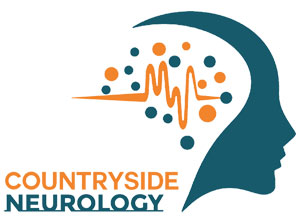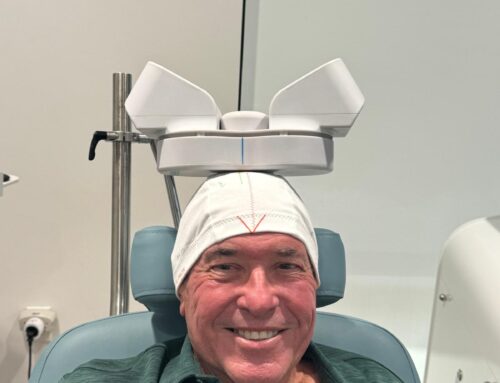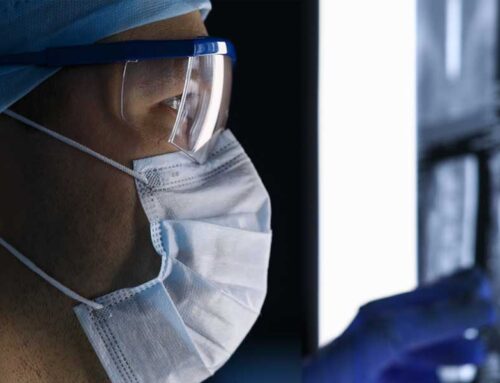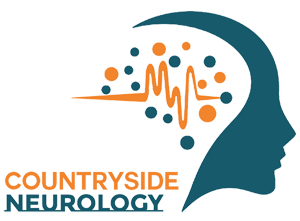Depression is a complex mental health condition affecting millions worldwide. It’s often characterized by imbalances in brain chemicals, including dopamine, a neurotransmitter linked to mood regulation. Repetitive Transcranial Magnetic Stimulation (rTMS) is gaining recognition as a potent treatment option for depression, partly due to its potential to influence dopamine release. In this blog post, we’ll explore the role of rTMS in increasing dopamine and how it can be a significant treatment option for individuals battling depression.
Understanding Depression and Dopamine: Depression is marked by a range of symptoms, including persistent sadness, low energy, and a diminished interest in life. Researchers have long believed that alterations in neurotransmitters like serotonin and dopamine play a pivotal role in the development of depressive symptoms. Dopamine, in particular, is associated with motivation, pleasure, and reward.
The Promise of rTMS: Repetitive Transcranial Magnetic Stimulation is a non-invasive neuromodulation technique that uses magnetic fields to stimulate specific regions of the brain. These targeted magnetic pulses have the potential to reset neural circuits associated with mood regulation and potentially influence dopamine release.
How rTMS Works: During an rTMS session, a specialized coil is placed near the patient’s scalp. The coil generates magnetic pulses that penetrate the skull, reaching deep into the brain. These repetitive pulses are thought to stimulate and regulate neural activity in the targeted brain regions.
Increasing Dopamine with rTMS: Research suggests that rTMS can enhance dopamine release or regulate dopamine receptor sensitivity in specific brain areas associated with mood regulation. By modulating these neural pathways, rTMS may help restore the balance of neurotransmitters in the brain, alleviating depressive symptoms.
rTMS as a Treatment for Depression: rTMS has gained recognition as a treatment option for depression, especially for individuals who have not responded adequately to traditional therapies like medication and psychotherapy. It offers several advantages, including minimal side effects and non-invasive nature.
Depression is a complex condition that impacts the lives of many individuals. The role of neurotransmitters like dopamine in its development has led to innovative treatments like Repetitive Transcranial Magnetic Stimulation (rTMS). By influencing neural circuits associated with mood regulation and potentially increasing dopamine release, rTMS offers hope to those grappling with depression, particularly treatment-resistant cases. As the field of neuromodulation continues to advance, rTMS remains a promising avenue for individuals seeking effective and non-invasive solutions for depression. If you or a loved one is living with depression, it’s essential to explore the potential benefits of rTMS therapy with our experienced team at Countryside Neurology to determine its suitability as part of a comprehensive treatment plan.
Call 727-712-1567 today for more info.
Sources:
ChatGPT




